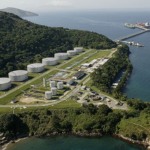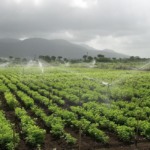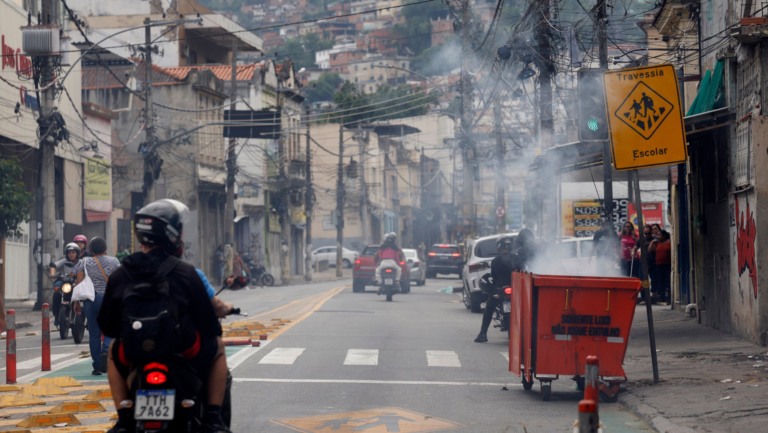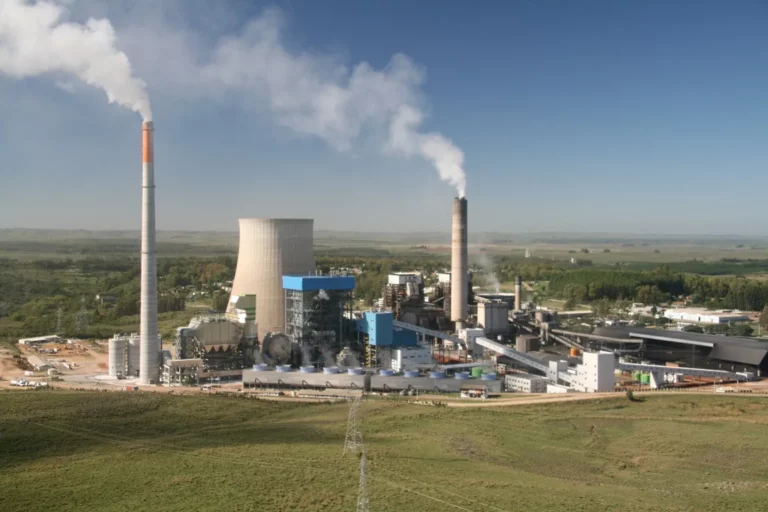We’re developing a news service to our international audience, in English. Sign-up here to receive further updates and evaluate for free, when it’s ready (no credit card required)
By Guilherme Papaterra e Luís Eduardo Duque Dutra
Energy transition already in progress signals the end of the oil age. Oil demand is expected to reach its peak in 2035-2050. After that, according to IPCC (Intergovernmental Panel on Climate Change) reports, fossil fuel consumption may fall drastically in order to mitigate climate change and urban pollution until 2100. Projections of a slower yearly growth, of only 0.5% until 2035, also reflect a new pattern: the dying breath of gasoline, bunker, and perhaps diesel fuel.
No one really knows if peak oil demand will occur sooner or later, but everyone agrees that a transition to a low-carbon economy is compulsory if we are to avoid global warming. No doubt, energy transition started in the last decade. On the supply side, diversification involved fossil fuels (unconventional in the US, deepwater along the African and South American coasts, coalbed methane from Australian, etc.), as well as renewable sources (geothermal, solar and wind power in Europe and China, and biofuels almost everywhere).
In turn, recent mainstream focus on flexibility and competition among hydrocarbons. Liquefaction technology and chemical transformation of gas were combined to broaden the scope of use and substantially reduce costs. Natural gas therefore has become a strategic asset for a faster transition. Scarcity has haunted energy policymakers for over a century; however, nowadays oil exhaustion and skyrocketing prices are completely unreasonable ideas. The problem is exactly the contrary: how much fossil fuel reserves will remain untapped to cut down emissions?
Oil-producing economies and companies are concerned not only about new competitors and energy sources, but also about demand changes in transportation, urban reorganization, and social transformation. These phenomena brought about new patterns of property share, consumption behavior, as well as new forms of entertainment and cultural goods. For today generation car missed icon image.
Moreover, the wealth of nations becomes increasingly immaterial, and highly based on information and applied science instead of heavy industry and energy-intensive activities. Structural changes are also irreversible. The US, Europe, Japan, and Korea went through their oil demand peaks in the last decade. After the process had begun, the point of no return was crossed. In fact, transformations could accelerate at a pace never seen before. It only took thirty years for electrical and combustion engines to replace horses and less than ten to generate nuclear electricity from the atomic bomb.
Electricity will transform society, not only mobility. Furthermore, efficiency gains will account for half of the energy savings until 2070, decisively mitigating poverty while avoiding climate change impacts. Smart grids, artificial intelligence, nanorobotics, applied biosciences advances are coming soon and oil companies are well aware of closing terms and sunk investments.
In response to any question on the subject, Shell and BP addressed special reports to stakeholders. They explain the strategy to sustain value creation and prevent loss due to stranded assets. Big exporters also must pay attention to the issue. Recent oil price drop showed how vulnerable the biggest producers and the richest countries in the world can be. From 2010-14 to 2015-17, O & G net income as a share of GDP ($2017, PPP) collapsed in Saudi Arabia, 19% to 8%, and in Norway, 25% to 9% (according to IEA’s Outlook of Producer Economies, 2018, p. 16).
New producers must pay double attention to stranded assets. Light tight oil, shale gas, deepwater reservoirs, oil sands, Orinoco emulsion, and Arctic oil are barely economically viable. Breakeven prices below $ 50/b and further cost reduction will be necessary to develop all these resources.
The decline of oil (10%, annually) and slow growth in demand (less than 0,5% per year), with Asian consumption compensating European and North-American decline until 2040, will ensure the survival of E & P efforts outside the Middle East during the next two decades. The window of opportunity is still open, but for how long?
Occasional supply disruption (as we see in Venezuela) and low spare capacity threaten the fragile market balance, and changes are not expected in the medium-term. Oil exploration must be sustained to guarantee energy security of big importers unless an unforeseen peace is attained in the Middle East and North Africa.
Economic history holds great surprises, unseen changes as deep structural transformations are under way. By the end of the twentieth century, oil was cheap
($ 12/b, on July 1999), no one would have bet on unconventional, the US were geared up to import LNG and showed increasing dependency on foreign oil. At the same time, solar and wind power were merely starting their future progress, Brazil was the sole producer of biofuel (sugar ethanol) and a big oil importer, Mexico was a forbidden land for American oil business and Chinese state companies were barely known outside their country.
Twenty years later, after a sustained movement, oil price skyrocketed between 2012 and 2014 to $ 125/b. Profits and royalties broke historical records in a more-than-a-century-old industry. Suddenly, in the third quarter of 2014, market conditions completely reversed and oil price fell to less than $ 30/b. Later, the Arabian and Russian agreement regulated world overproduction partially and redressed prices, but market tension persists.
All events mentioned above occurred during the last twenty years, no more than this. Who could have predicted only one of them in 1997 or 1998, let alone all together? Despite future uncertainty, countries like Brazil, Argentina, Mexico and Canada (owners of abundant but expensive reserves) may plan their development and must carefully reduce productions cost, while promoting downstream diversification and chemical technology aimed at adding value to their hydrocarbon resources. It will probably be their last chance to make fortune from oil.
Guilherme Eduardo Zerbinatti Papaterra holds BS and MS in Geology and is specialist on O & G regulation
Luís Eduardo Duque Dutra holds a PhD in Economics and is Professor in Federal University of Rio de Janeiro









